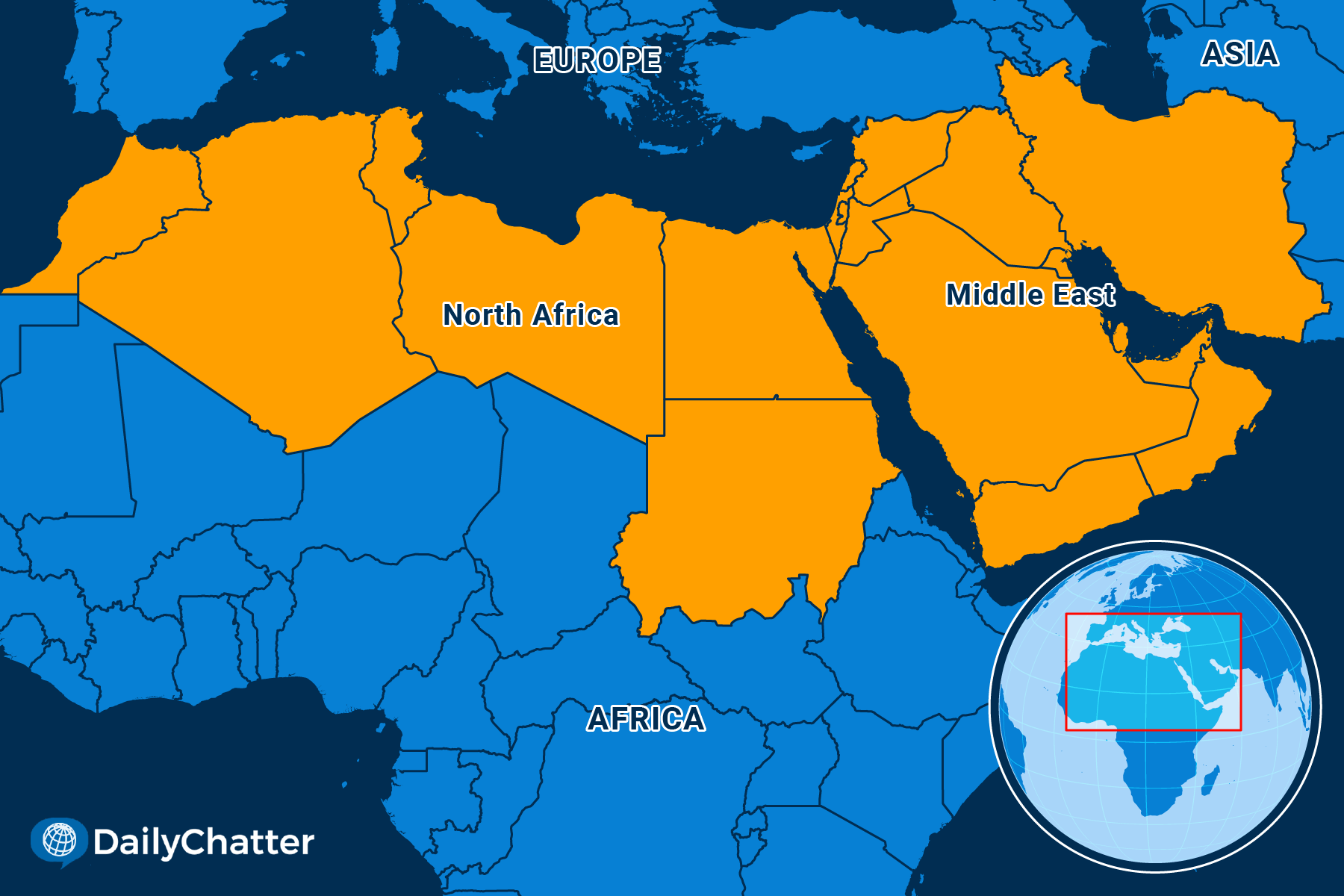NEED TO KNOW
Shuffling the Deck
MIDDLE EAST

Leaders meeting at the 33rd Arab Summit in Bahrain recently denounced “Israel’s obstruction of ceasefire efforts in the Gaza Strip and … the occupation forces’ persistence in expanding their aggression against the Palestinian city of Rafah, despite international warnings of the catastrophic humanitarian consequences of doing so,” according to the Middle East North Africa Financial Network.
They blamed Israel for resisting efforts to agree to a ceasefire, saying a United Nations peacekeeping force should be deployed to occupied Palestinian territories – the Gaza Strip and the West Bank – to ensure the safety of civilians, while also stifling Hamas operations as negotiators arrive at a two-state solution that grants the Palestinians sovereignty, reported Al Jazeera.
Some of this is Arab anger, say analysts. But most of the rhetoric is actually designed to push Israel toward “the day after,” something Israeli Prime Minister Benjamin Netanyahu has been resisting, wrote Israel Today.
The Arab League’s statement underscores how isolated Israel and its allies have become since the Palestinian terrorist group Hamas staged deadly attacks on Israeli civilians on October 7. Netanyahu has been talking to Arab leaders in Egypt, Saudi Arabia and the United Arab Emirates about sending troops to Gaza to share oversight of the territory with Israel, noted the New York Times.
But the leaders have balked. Saudi Arabian Foreign Minister Sheikh Abdullah bin Zayed said his country, “refuses to be drawn into any plan aimed at providing cover for the Israeli presence in the Gaza Strip.”
Currently, more than 800,000 Palestinians have fled Rafah in southern Gaza in recent weeks, added the National. Recent Israeli evacuation orders displaced at least 100,000 in northern Gaza, too, as operations reignite there. Famine has gripped the small enclave on the Mediterranean Sea, a humanitarian crisis that the Independent concluded was unnecessary given the international resources that should have been available to help the Palestinians.
Still, there is movement, an undercurrent that David Ignatius of the Washington Post describes as “the new shape of the Middle East,” a regional coalition against Iran and its proxies led by Israel and the United States that also includes Saudi Arabia, the UAE and Jordan — that must for now “remain unspoken.”
This is why despite the rhetoric, not only did these Arab nations assist Israel in its response to Iran’s attack earlier this year but also that these nations have been somewhat muted in their response to the war in Gaza, compared with the past. After all, as Ignatius adds, “The de facto military alliance of Saudi Arabia and other Arab states with Israel is an open secret.”
That doesn’t mean the powerful players in the Arab world aren’t being careful, wrote the Economist. While geopolitical realities have shifted opinions in the region over the past decades, public sympathy for Palestinians is high and the leaders of Egypt and Jordan fear fallout from the war will destabilize their own brittle regimes, the magazine said. Gulf states, meanwhile, are nervous about antagonizing Iran, fearing attacks on their countries. That said, everyone in the region is aware of the dangers of a wider war.
The US, now, recognizes that it’s imperative to bring the war to an end, for everyone’s sake. That also means, analysts say, recognizing the new order in the region that will likely include a state for Palestinians.
“Israel’s long-term security depends on being integrated into the region and enjoying normal relations with the Arab states, including Saudi Arabia,” White House National Security Adviser Jake Sullivan told Roll Call. “We need to consider the tactical battlefield situation in Gaza in light of the bigger strategic picture. We should not miss a historic opportunity to achieve the vision of a secure Israel flanked by strong regional partners presenting a powerful front to deter aggression and uphold regional stability.”
Regional stability that includes Israel, even top Israeli security officials admit, means recognizing that it’s impossible to eliminate Hamas as the prime minister has promised to do, especially without offering Palestinians what they want, but Israel is still resisting.
The US believes that too, with US Deputy Secretary of State Kurt Campbell saying last week: “In some respects, we are struggling over what the theory of victory is.”
To read the full edition and support independent journalism, join our community of informed readers and subscribe today!
